Brussels sprouts have a rich, nutty flavour and are a hearty vegetable. You may eat them raw in a salad or roast them with some olive oil and salt. You can buy Brussels sprouts in a bag, fresh or frozen; the stalks have little heads that are perfectly lined side by side in rows.
Table of Contents
What are brussels sprouts?
Brussels sprouts were first cultivated in the 16th century in the Belgian capital, hence the name. The diminutive size should not be misleading, as they resemble miniature cabbages. Each serving is packed with healthy nutrients.
Broccoli, collard greens, cauliflower, and kale are also members of the cruciferous family, which includes Brussels sprouts. Green and spherical with tightly packed leaves, these little plants are just about 2 inches across.
They have a mild, sweet, and almost nutty flavour when cooked properly. However, they easily become overcooked, which results in a bitter flavour, mushy texture, and a potent, sulfur-like odour.
Health benefits of brussels sprouts:
Boosts Recovery:
The vitamin K content of Brussels sprouts is exceptionally high. Vitamin K aids in blood clotting, so it won't bleed too much if you cut yourself. Vitamin C also aids in the production of collagen, which plays a role in tissue repair.
Boosts Immunity:
The many phytochemicals found in Brussels sprouts are likely responsible for their beneficial effects on the immune system. Cruciferous vegetables, such as Brussels sprouts, contain bioactive chemicals that have anti-inflammatory, immune-boosting, and detoxifying effects.
Promotes Healthy Bones:
Bone health is also aided by the vitamin K in Brussels sprouts. Bone mineralization and calcification all include a number of proteins that rely on vitamin K to function properly. Muscle and bone health are both bolstered by the protein in Brussels sprouts.
Helps Lower the Chance of Developing Metabolic Syndrome:
Brussels sprouts' fibre content has long been linked to reduced hunger and weight stability. The levels of the hunger hormone leptin in the blood are proven to drop when people switch to a plant-based diet.
High leptin levels can lead to resistance to leptin's message of fullness to the brain. This effect is mitigated and metabolic syndrome is shielded from the effects of a diet rich in vegetables.
Reduces Cancer Risk:
The cruciferous vegetable Brussels sprouts has been linked to a reduced risk of developing cancer. Some data suggests that this occurs because the liver releases an enzyme responsible for binding carcinogens.
Breast and ovarian cancer preventive studies have shown particularly encouraging results. It has been found that consuming more cooked cruciferous vegetables is associated with a lower risk of developing ovarian cancer, and that this protective effect is dose-dependent.
Provides Health Benefiting Glucosinolates:
Glucosinolates, sulphur glycosides found in Brussels sprouts, have been linked to a variety of health advantages. They are fermentable by gut bacteria, yielding bioactive chemicals with well-known anticarcinogenic characteristics such the suppression of tumour growth and the prevention of cancer from forming.
Among these substances is indole-3 carbinol, which has been demonstrated to alleviate PCOS symptoms. Menstrual irregularities and the development of acne, unwanted facial hair, and weight gain are hallmarks of polycystic ovary syndrome (PCOS).
How to store and use Brussels sprouts?
Brussels sprouts can be stored in the refrigerator for up to five weeks if they are not sliced, but their quality will begin to decline after just a few days. Brussels sprouts can be stored for up to a year in the freezer if blanched first.
Wash your hands thoroughly and discard any wilted outer leaves before slicing fresh Brussels sprouts. Brussels sprouts should be washed in cold water and patted dry with a clean paper towel before cooking.
How to prepare Brussels sprouts?
Brussels sprouts can be eaten raw, steamed, roasted, stir-fried, or shredded for use in slaws and salads. They can be prepared with as little as a pinch of salt, pepper, and olive oil, or you can add heart-healthy nuts and spices for a more elaborate meal.
- Defrost frozen sprouts before using them in a recipe.
- To prevent losing texture and turning a dull green/khaki colour, cook the sprouts until they are fork soft and have turned bright green with a few golden brown spots. When using a pan, this should take roughly five minutes.
- Blanching Brussels sprouts before cooking them will cut down on the total cooking time. Put them in salted boiling water for about 30 seconds, then into an ice bath to stop the cooking. You can cook them as you choose, and then serve them right away.
- To avoid scorching, turn the sprouts over at regular intervals during cooking.

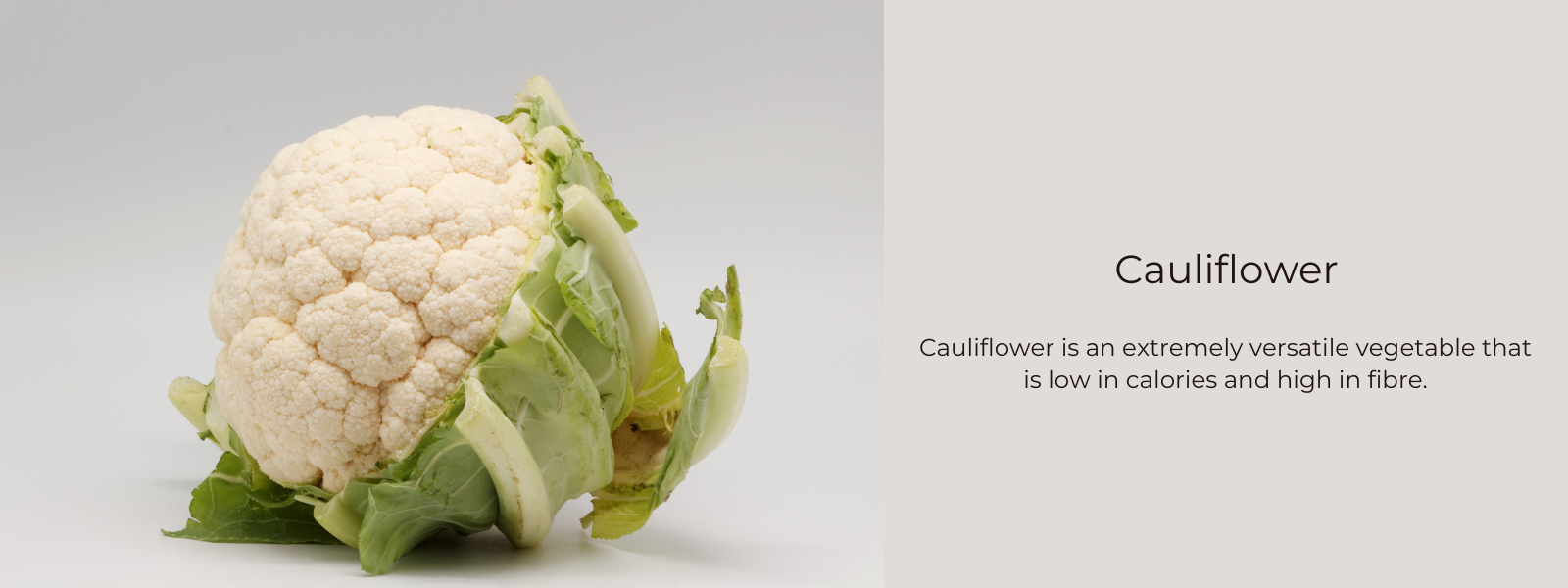

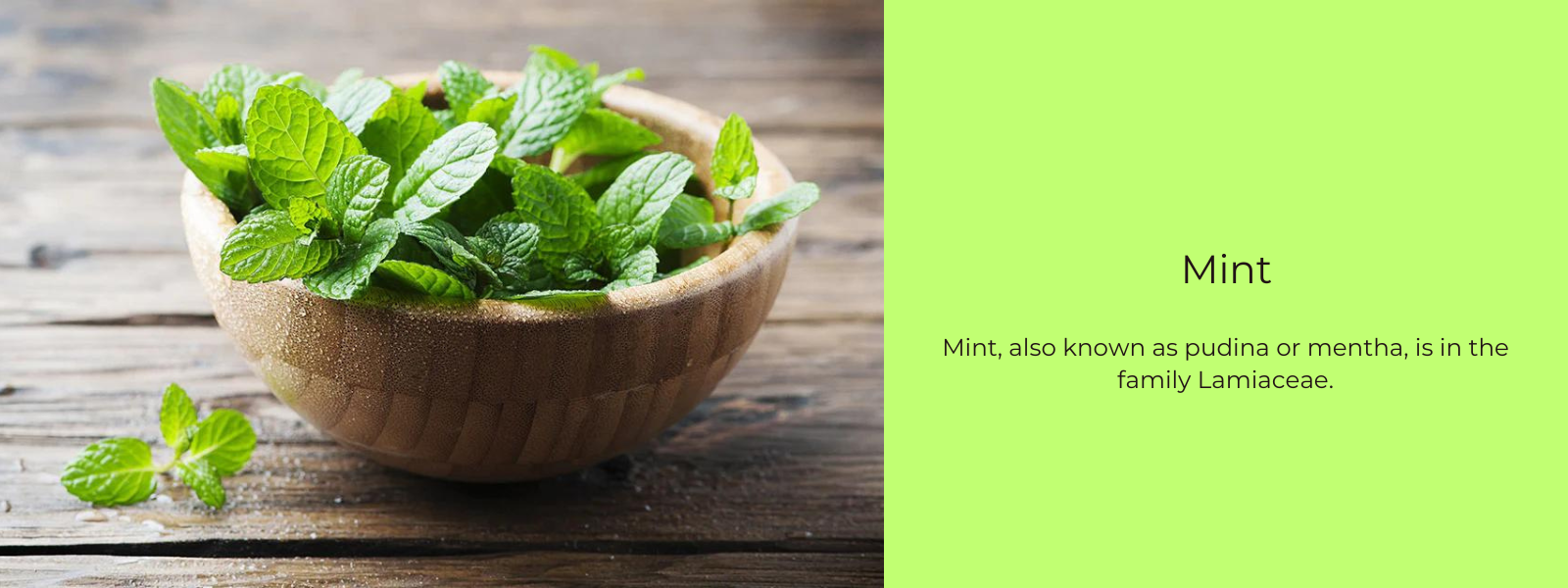
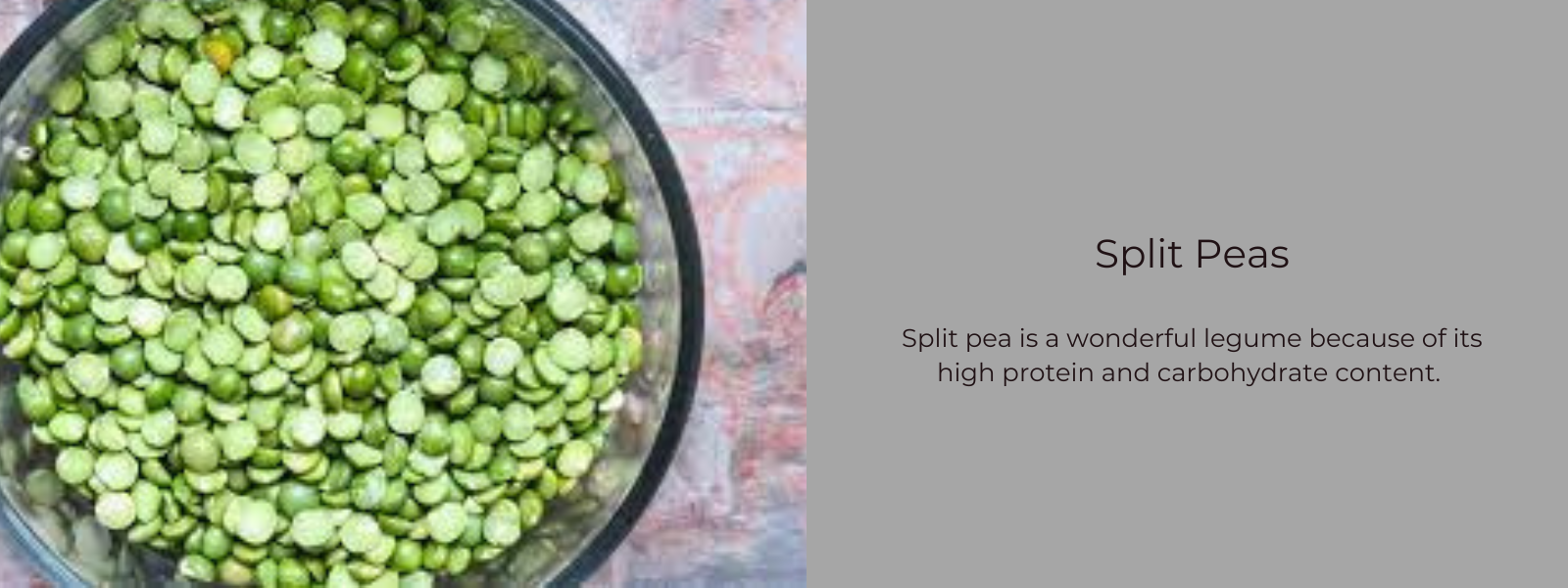
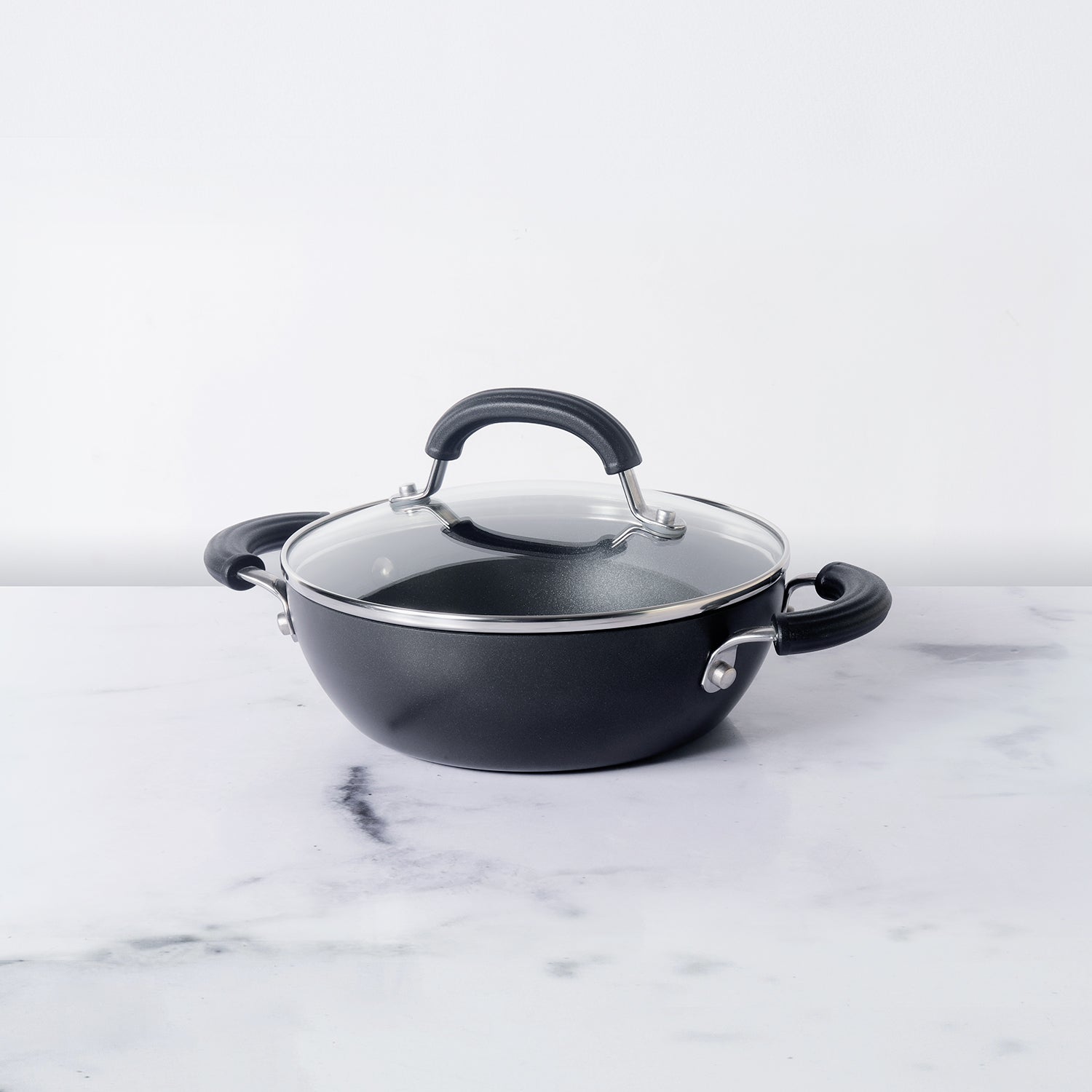
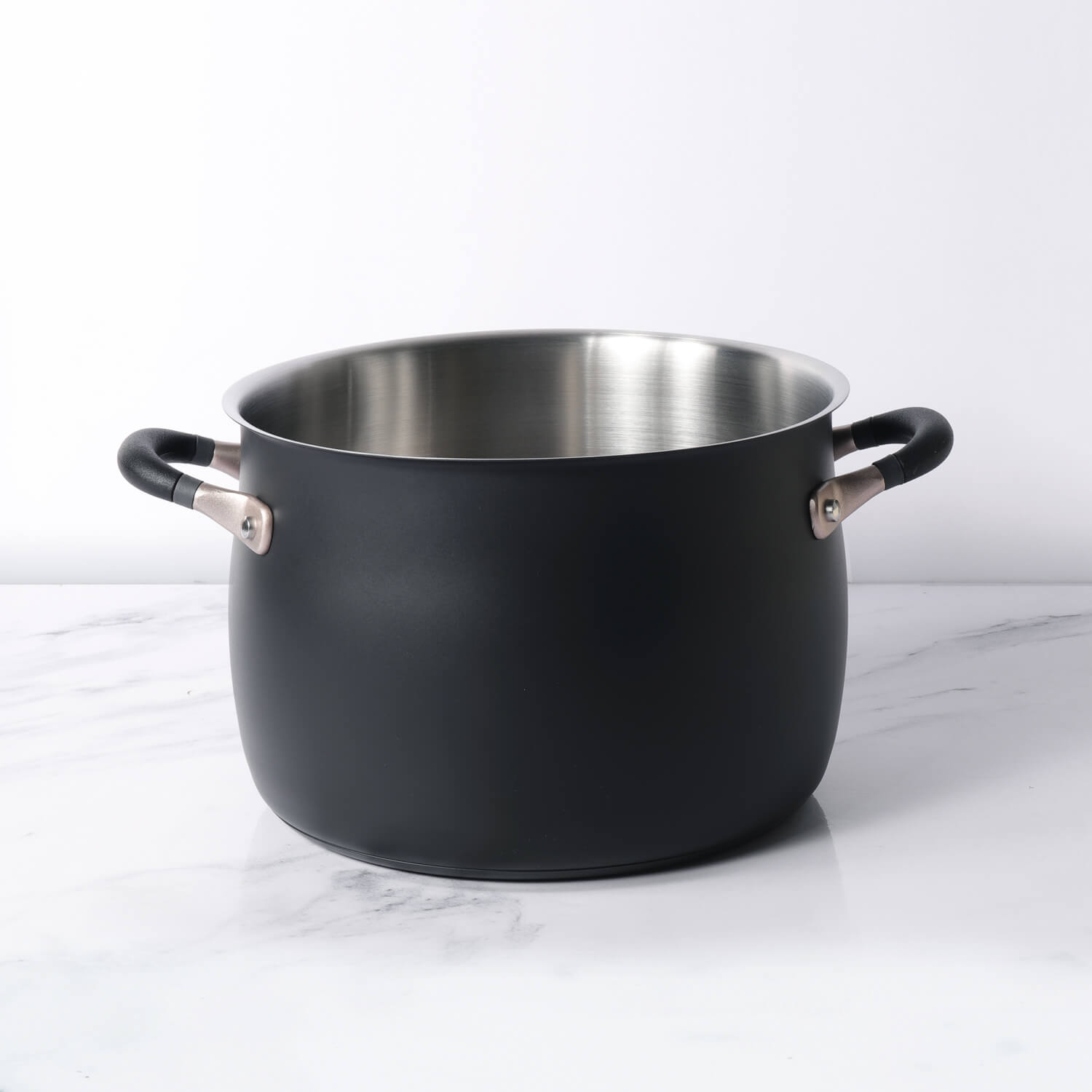




Leave a comment